The U.S. Supreme Court is currently hearing a case involving a Rastafarian inmate who was forcibly shaved while incarcerated, with potential implications for the future of Medicaid. The case, Landor v. Louisiana, centers around the treatment of Damon Landor, a Rastafarian who was serving a five-month prison sentence on drug charges. Despite bringing a copy of a federal court decision establishing his right to keep his hair long while incarcerated, prison officials in Louisiana handcuffed him to a chair, held him down, and shaved his head.
According to court documents, Landor's lawyers argue that this incident is a clear-cut violation of the Religious Freedom Restoration Act (RFRA), a federal law that prohibits the government from substantially burdening a person's exercise of religion unless it can demonstrate a compelling interest. The lawyers claim that the prison officials' actions were motivated by a desire to suppress Landor's religious expression, rather than a legitimate concern for safety or security.
"This is a clear case of the government trying to suppress a person's exercise of their religion," said Landor's lawyer, who wished to remain anonymous. "The RFRA is clear: the government cannot burden a person's exercise of their religion unless it can show a compelling interest. In this case, there was no compelling interest, and the prison officials' actions were a clear violation of Mr. Landor's rights."
The case has sparked concerns among advocates for religious freedom and civil liberties. "This case has the potential to gut Medicaid and other social programs," said a spokesperson for the American Civil Liberties Union (ACLU). "If the court rules in favor of the prison officials, it could set a precedent that allows the government to disregard the RFRA and other federal laws that protect the rights of marginalized communities."
Background research suggests that the case may have significant implications for the future of Medicaid. The RFRA is a key provision of the Affordable Care Act (ACA), which was passed in 2010. If the court rules in favor of the prison officials, it could potentially undermine the ACA and other social programs that rely on the RFRA.
The Supreme Court is expected to hear oral arguments in the case next month, with a decision likely to be issued in the spring. The outcome of the case will have significant implications for the future of Medicaid and other social programs, and will be closely watched by advocates for religious freedom and civil liberties.
In a statement, a spokesperson for the Department of Justice said that the agency is "reviewing the case and will respond accordingly." The Louisiana Department of Corrections did not respond to a request for comment.
The case has also sparked concerns among advocates for social justice and human rights. "This case is a clear example of the ways in which the government can use its power to suppress the rights of marginalized communities," said a spokesperson for the National Association for the Advancement of Colored People (NAACP). "We urge the court to rule in favor of Mr. Landor and to uphold the RFRA and other federal laws that protect the rights of all Americans."
As the case makes its way through the courts, advocates for religious freedom and civil liberties will be closely watching the developments. The outcome of the case will have significant implications for the future of Medicaid and other social programs, and will be a major test of the court's commitment to upholding the RFRA and other federal laws that protect the rights of marginalized communities.
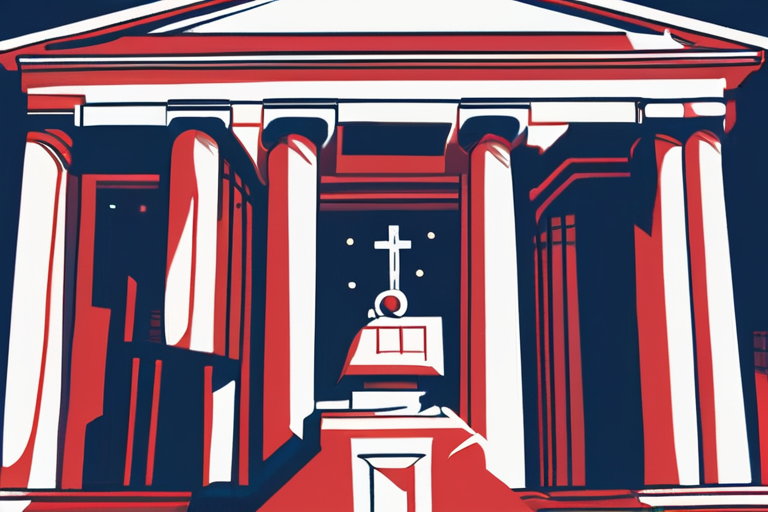



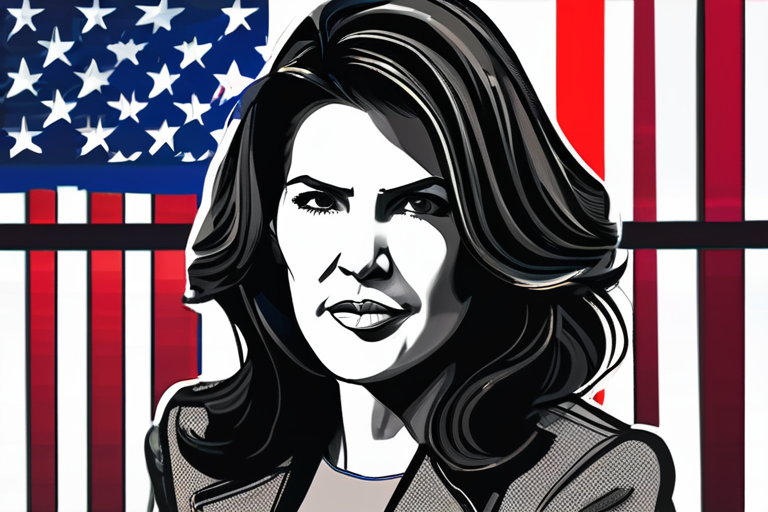
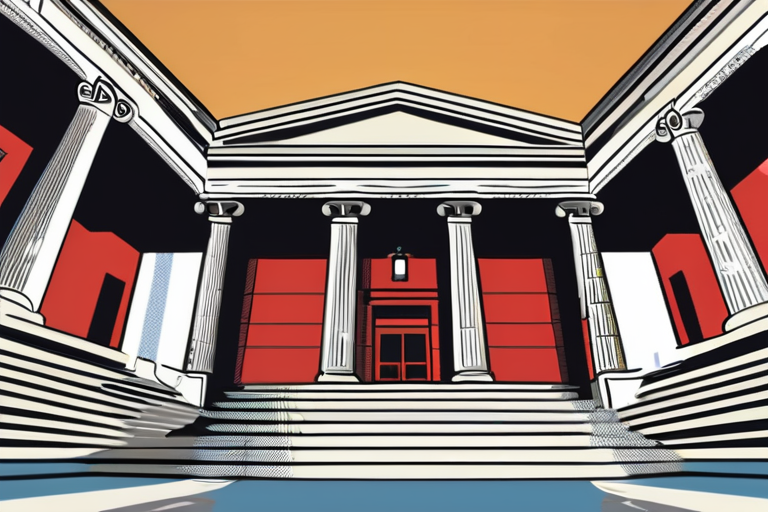

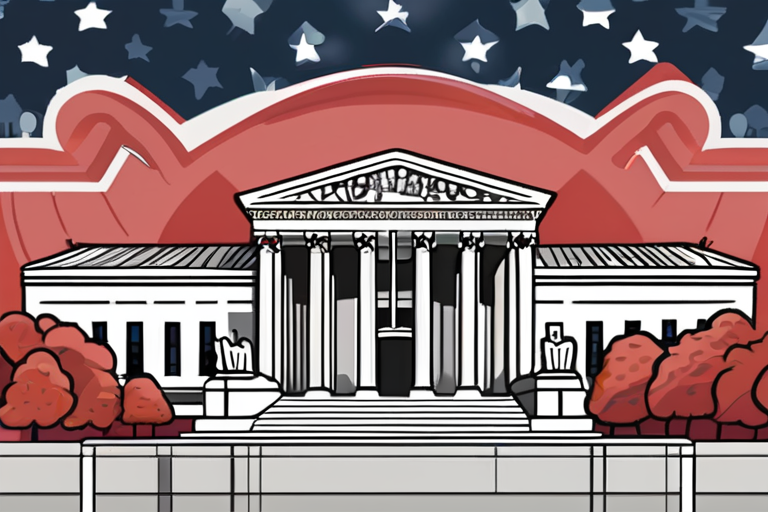




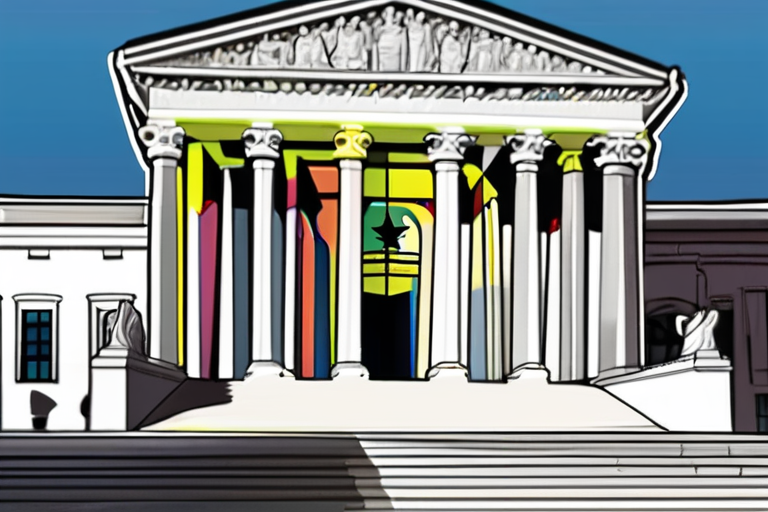


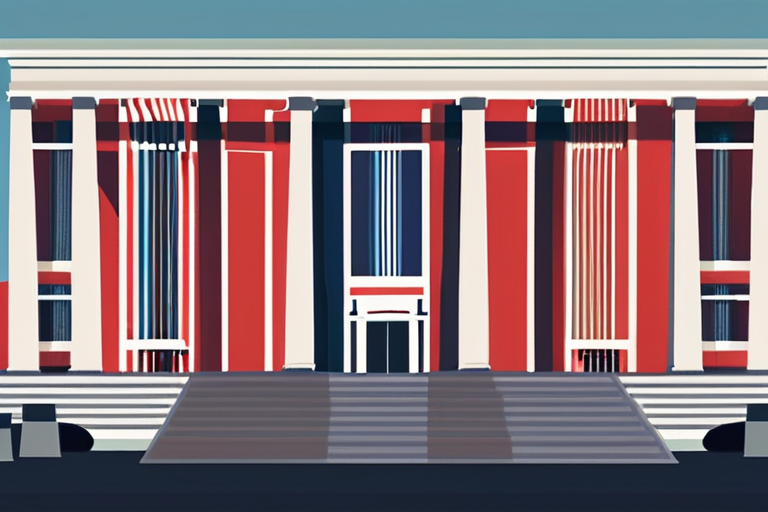







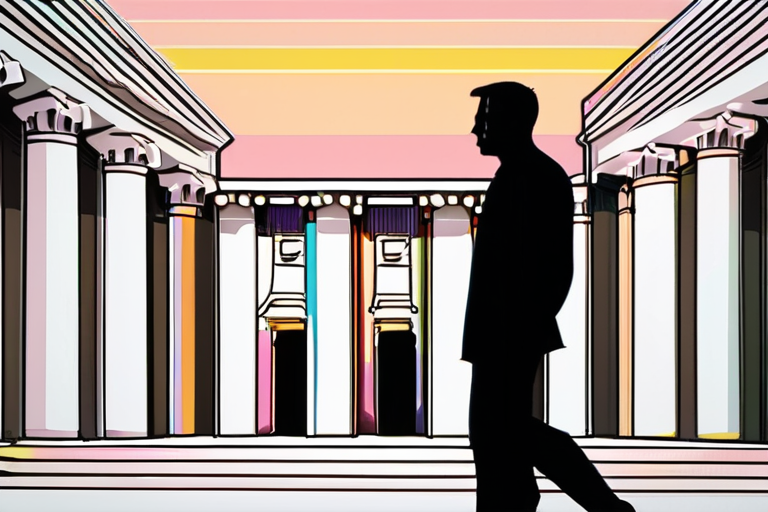
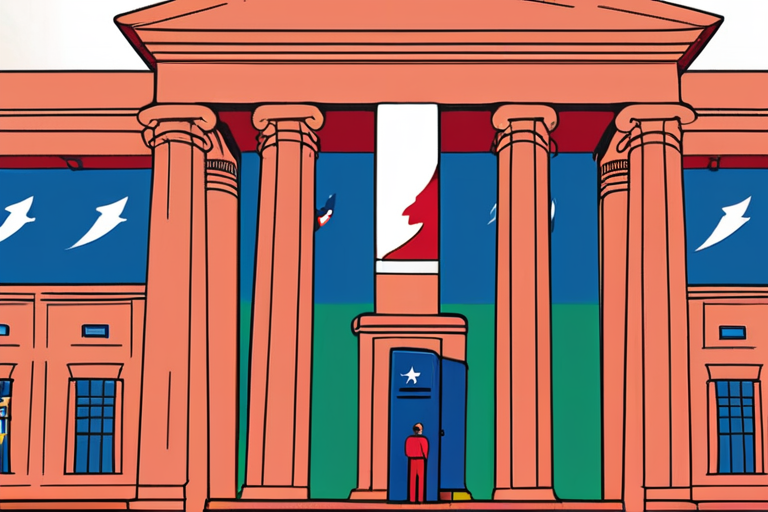
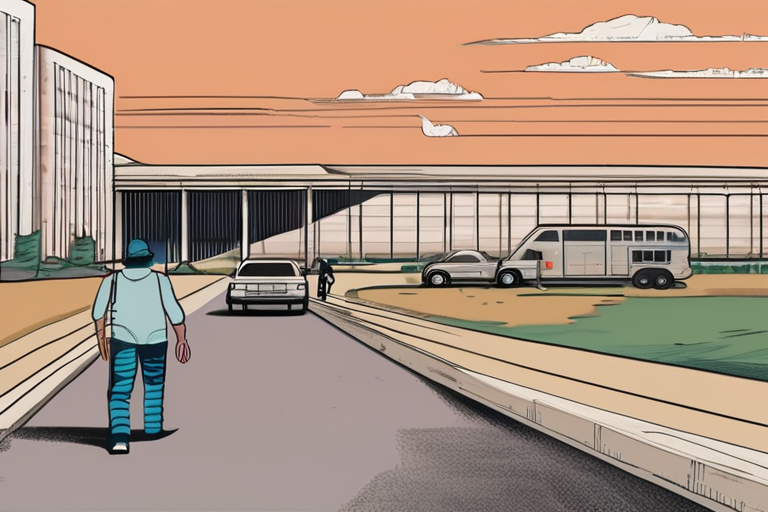
Share & Engage Share
Share this article